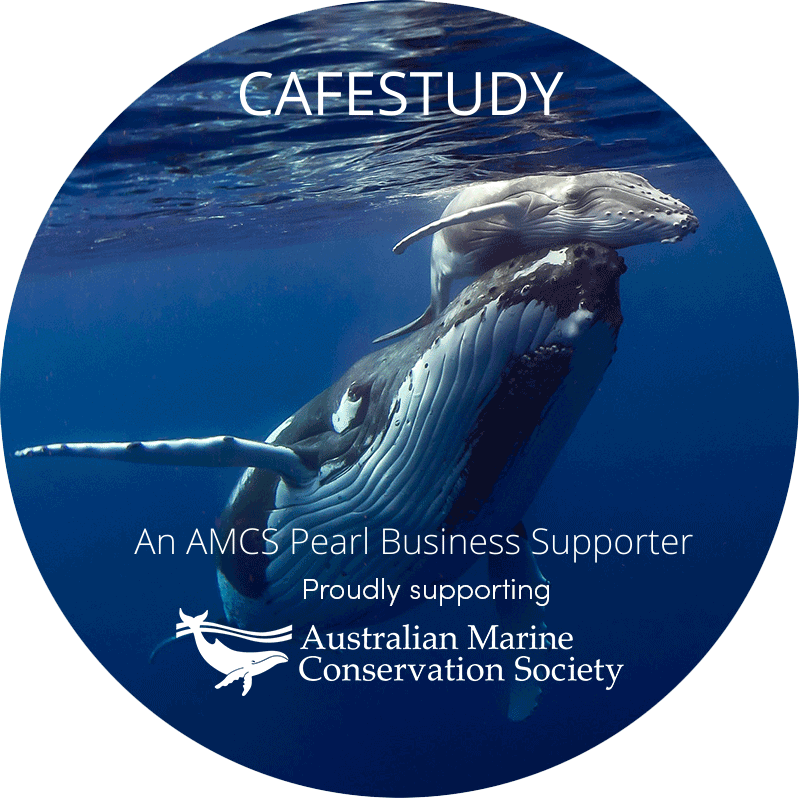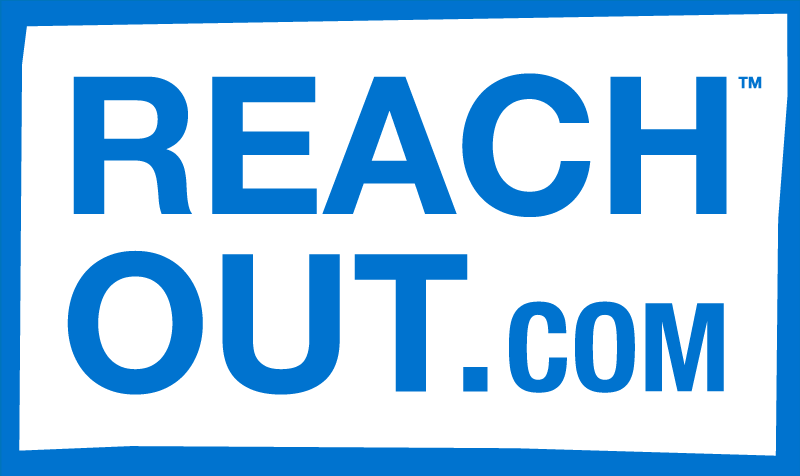Olympians...the next generation
Posted by: Nefertari
10th Aug 2012 09:35pm
I was discussing the London Olympics with some friends the other day when someone pointed out that children today are more interested in playing video games etc than getting out in the fresh air and playing sport. So where are our future Olympians coming from? Unfortunately the children of today just don't seem to be too interested in the Olympics.
You must be a member to reply to this chat topic. Click here to sign in.
Help Caféstudy members by responding to their questions, or ask your own in Café Chat, and you will get the chance of earning extra rewards. Caféstudy will match these and donate equally to our two chosen Australian charities.

Australian Marine Conservation Society are an independent charity, staffed by a committed group of scientists, educators and passionate advocates who have defended Australia’s oceans for over 50 years.
ReachOut is the most accessed online mental health service for young people and their parents in Australia. Their trusted self-help information, peer-support program and referral tools save lives by helping young people be well and stay well. The information they offer parents makes it easier for them to help their teenagers, too.


Comments 1
Anonymous
there is a minority of children that prefer video games over out door leisure, children will always be interested and keen to interact within the gaming scene though this does not mean that there is a lack of enthusiasts for recreational and competitive sport.
I myself grew up around plenty of friends that loved to play video games, use the internet, Facebook etc. Though they always got out and about to the ocean for a surf or swim, a run or the gym. Out of this majority some make it much more of a life style and go on to become Olympians.
Personally if i was to name some places where future Olympians would come from: Schools with a long history in sport and large sporting facilities, local swimming clubs, the boy that runs every morning down the road, rowing teams..
Video games have only made a small impact on youth around the world, the situation may differ in certain places though it is pretty much how it always has been.